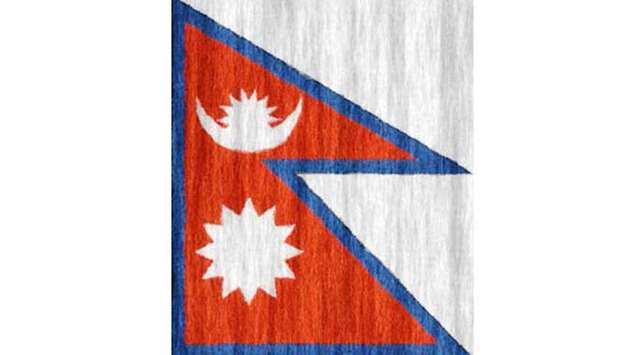CPN (UML) leader Subash Chandra Nembang after the meeting confirmed that the EC briefed the political parties on the poll programmes and processes.
“The incumbent government will temporarily name the capitals of the seven provinces as per the constitution and laws. I believe that a political consensus will be reached on the matter,” he said.
A total of 2,056 local and provincial representatives will vote in the NA polls.
More than a month after the Left Alliance, a coalition of two communist parties, secured an absolute majority in elections to Nepal’s federal parliament and assemblies in six of the seven provinces, the formation of new governments continues to be in limbo.
The hand-over of power has become an increasingly difficult affair because of constitutional obligations and political bickering, and experts and officials say the new governments at the centre and in the provinces are likely to be formed only after another month.
Frustration has been mounting in political circles over the government’s failure to appoint governors, who will administer the oath to the newly elected provincial lawmakers, and to name the capitals of the seven provinces that will be home to the new governors, chief ministers, provincial assemblies and new state functionaries.
“We have urged the government to appoint the governors within five days, otherwise it will be difficult for us to conduct elections to the Upper House because the members of the provincial assemblies will have to cast their votes. Before that, the governors will administer the oath to the provincial lawmakers,” chief election commissioner Ayodhee Prasad Yadav said on Monday.
The government delayed the appointments after the Left Alliance warned it would revoke the decisions after
assuming power.
The deadlock has continued as Prime Minister Deuba is reportedly reluctant to step down before the formation of the new National Assembly.
Deuba’s Nepali Congress party and Elections Commission are of the view that without the formation of the National Assembly, the House cannot be convened and a new government cannot be formed.
But the Left Alliance has demanded the immediate resignation of the prime minister, saying the Nepali Congress lost the elections and cannot continue as the
government.
After the formation of the National Assembly, the Election Commission will submit the final results to the president and publish them in the Gazette, starting the formal process of forming a new
government.
As none of the political parties have an absolute majority, the president will set a deadline for a government to be formed with the support of two or more than two parties, according to the constitution. The parties of the Left Alliance, which together have an overwhelming majority, would then stake claim to form the new government.

